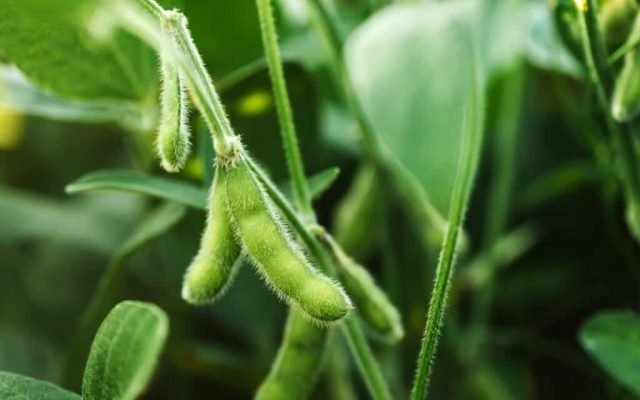The US Animal and Plant Health Inspection Service (APHIS) has recently reviewed and conducted a plant pest risk assessment on BCS Event FG72 soybean. The genetically modified soybean event FG72 soybean (Glycine max cultivar Jack) of Bayer CropScience expresses two proteins which impart herbicide tolerance, 2mEPSPS from corn (Zea mays) and 4-hydroxyphenylpyruvate dioxygenase (HPPD) from Pseudomonas fluorescens (strain A32).
The 2mEPSPS and HPPD proteins expressed in the soybean protect the plant from the application of the herbicides glyphosate and isoxaflutole (IFT), respectively.
According to APHIS, BCS Event FG72 soybean is unlikely to pose a plant pest risk. This is due to the absence of the following characteristics: plant pest risk from the inserted genetic material, weediness characteristics of BCS Event FG72 soybean, atypical responses to disease or plant pests in the field, deleterious effects on non-targets or beneficial organisms in the agro-ecosystem, and horizontal gene transfer.
See the original article at http://www.aphis.usda.gov/brs/aphisdocs/09_32801p_fpra.pdf.







